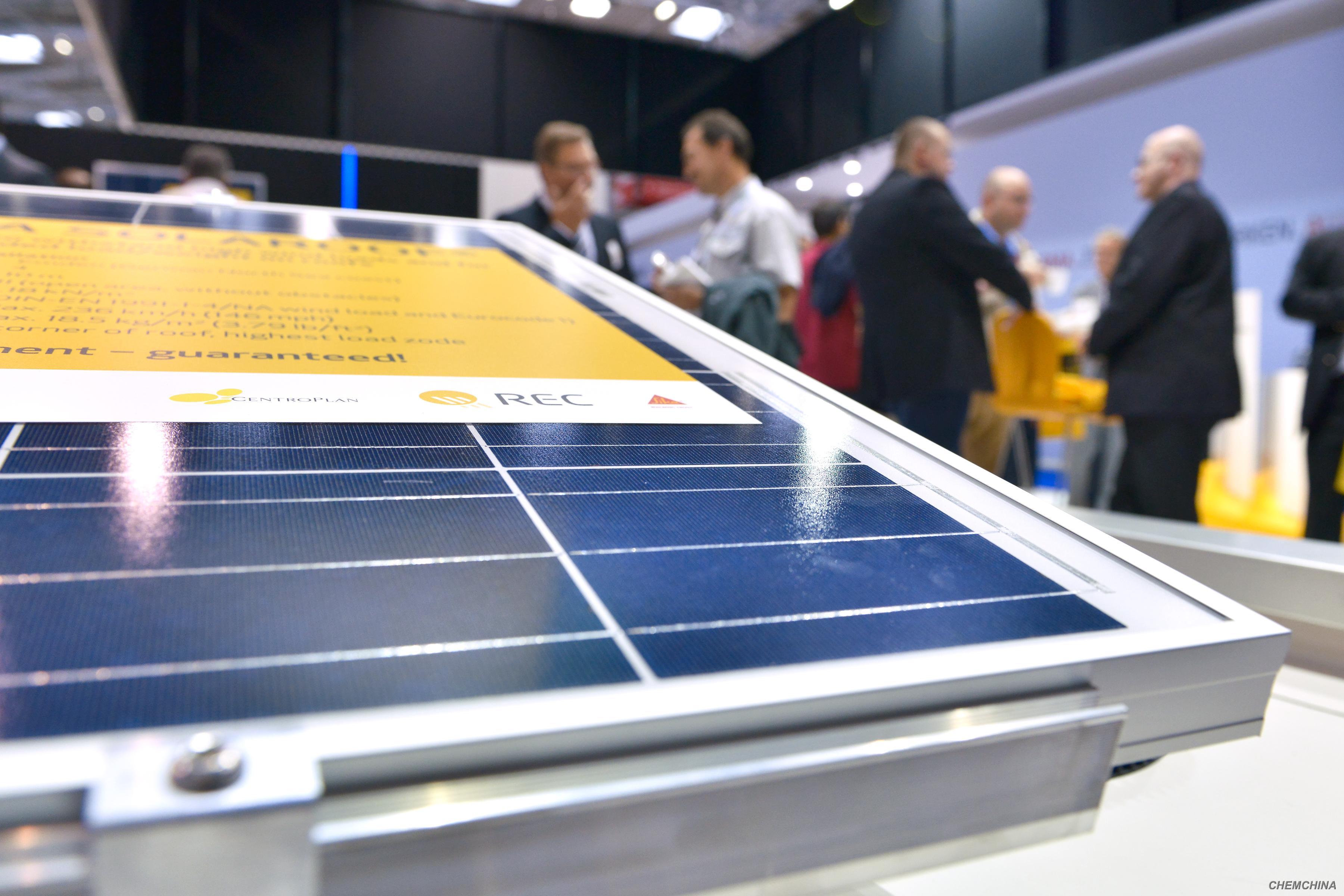
REC Solar, a leading European brand of solar panels, is once again in attendance at Intersolar, the world’s largest trade show for the solar industry, which runs from June 22 to 24 in Munich. With the entire senior management team as well as REC Solar’s technical experts on hand to answer questions, visitors can look forward to seeing the latest products from the TwinPeak family for the very first time, demonstrations of innovative floating PV installations from around the world, analysis of the impact of changes to Germany’s EGG to the solar industry and – taking a wider perspective – the potential role of solar energy in meeting the climate goals set last December at the COP21 UN Summit in Paris.
On show will be REC Solar's award-winning TwinPeak solar panel and the latest addition to the product series, the TwinPeak 72-cell-size version. With nominal power of up to 340 watt peak, the 72 panel is bigger in size, delivers more power per m2, and is perfectly suited to commercial, industrial and solar park applications. Furthermore, visitors will get a first look at the new generation of TwinPeak including five busbars, and a full black mono variation with up to 280 watt peak of the well-known REC Solar Peak Energy module.
Also featuring at Intersolar will be demonstrations of innovative floating PV installations. As a fresh approach to space limitations, floating PV installations enable otherwise underused freshwater bodies to double up as real estate for generating solar energy. Countries and regions where space is at a premium are unable to dedicate vast tracts of land to solar installations. Intersolar visitors will get an immediate perfect impression of REC Solar’s floating installations when they visit REC Solar’s booth at the exhibition center. Testifying to the reliability of REC solar panels under any conditions, REC Solar has completed innovative full-warranty installations on water in Singapore, Indonesia, the UK and US (in central Florida) and in Malaysia. Most recently, the REC Solar TwinPeak solar panels have also been qualified for floating installations under full-warranty conditions.
Coinciding with Intersolar 2016, REC Solar is publishing a major new study detailing the potential of solar energy to close the CO2 emissions gap in line with the COP21 targets set during the UN Climate Change Conference in Paris last December. The study, by a special intelligence task force at REC Solar, is one the first in the world to calculate the specific impact of COP21 for the solar industry in terms of capacities. “Solar can make a significant contribution,” says Steve O’Neil, CEO at REC Solar. “However, to be on track by 2025 to close the emissions gap and avoid further accelerating climate change impacts, the potential solar capacity ramp-up is far larger than industry analysts today expect. In fact, it will take up to 4.8 terawatts above the current forecast of cumulated new solar capacity by 2025.”